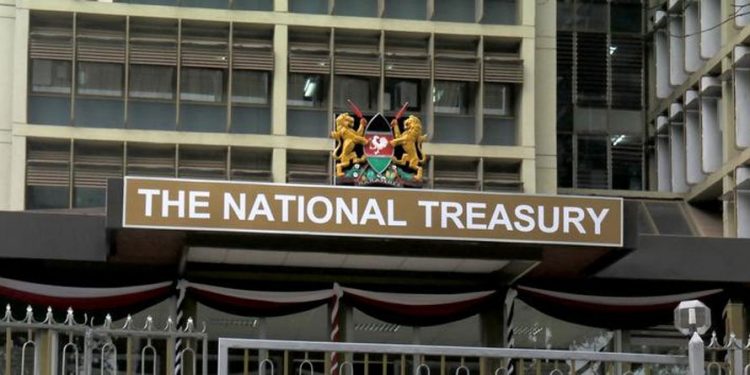Kenya’s tax laws are set to be reviewed once every five yours under a proposed National Tax Policy which is seen as part of reforms seeking to grow revenue and promote a predictable tax environment for businesses to operate.
The National Treasury has decried that Kenya’s revenue yield is still below the desired East African Community target of 25 per cent of GDP with the ordinary revenue as a percentage of GDP declining over the last ten years from a high of 18.2 per cent in the FY 2013/14 to 13.8 per cent in the FY 2020/21.
The provision under the draft policy is aimed at getting rid of the unpredictability nature of tax laws which is seen as a hindrance to the country’s attractiveness to investors.
“To provide a reasonable degree of predictability on tax rates and tax bases, the Government will undertake stakeholder engagement before undertaking any amendment of the tax laws. The analysis should consider the impact of the proposed changes on tax revenue, development, investment, employment, and economic growth,” the draft policy reads in part.
This will be a change from the current regime where taxes are frequently amended through the Finance Act, the Government for instance in 2018 halved VAT on petroleum goods and a week ago, it similarly slashed VAT on LPG gas by 50 per cent.
Kenya’s revenue performance according to the Government is also being impacted by the expanding informal sector which is hard to tax, and has low tax compliance and complexity to tax laws to the emerging digital economy.
Tax incentives such as tax exemptions, tax deductions, allowances, tax deferral, and concessional tax rates were also listed as hindrances to revenue collection “as it erodes the tax base and causes the Government to forego tax revenue estimated at 2.96 per cent of GDP as of 2020 compared to 2.9 per cent average for African countries.”
“Although the incentives are aimed at promoting investments and providing relief to the low-income earners and vulnerable groups in the society, it impacts negatively on revenue mobilisation and implementation of the national development programmes,” the 46-page document read.
The Government now wants to create a criterion for granting tax incentives taking into consideration the costs and benefits of the incentives and also ensuring that incentives provided to specific sectors have a sunset where possible.
Read also; GoK Sets August 6 as the Deadline for Importing Maize under New Tax laws Waivers.




